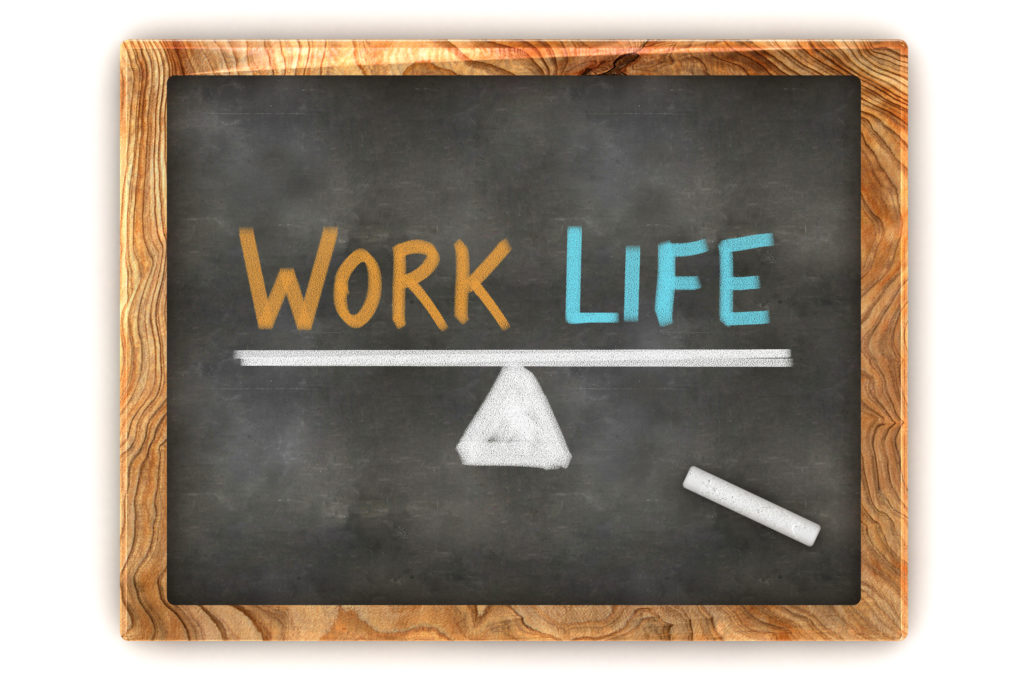NRCAC supports and encourages the training and education of CAC staff and MDT members on the issue of Vicarious Trauma. In an effort to prevent burnout and build resiliency in child abuse organizations, the following is a list of resources and materials available to CACs and MDTs. The resources provided are not an exhaustive list and more may be added in the future. Additionally, many are links to outside websites, which may, from time to time, update their content.

ONLINE RESOURCES:
Center for Advanced Studies in Child Welfare
The School of Social Work at the University of Minnesota, has a report on “Secondary Trauma and the Child Welfare Workforce”, Spring 2012
National Child Traumatic Stress Network (NCTSN)
The NCTSN was established to improve access to care, treatment, and services for traumatized children and adolescents exposed to traumatic events. There are many online resources related to Secondary Traumatic Stress found on this website.
National Children’s Advocacy Center (NCAC) Child Abuse Library Online (CALiO)
The NCAC has created an online library of materials related to child abuse, including resources on Vicarious Trauma.
OVC Vicarious Trauma Toolkit
The newly released OVC Vicarious Trauma Toolkit can be used to:
- conduct an assessment of your agency's current capacity as a vicarious trauma-informed organization;
- review your existing capacity, identify gaps, and prioritize needs;
- locate resources and tools to help meet your identified needs; and
- develop a comprehensive plan to address exposure to single incidents of crime or violence and acts of mass violence and terrorism.
The toolkit contains a state-of-the-art repository of nearly 500 resources tailored specifically to these fields that provides the knowledge and skills necessary for organizations to address the vicarious trauma needs of their staff and promote resiliency.
Office of Victims of Crime
The Office of Victims of Crime has created a curriculum “Building Resiliency in Child Abuse Organizations.” The goal of this training is to identify the five individual elements of resiliency, and explore how they can be implemented through the organizational resiliency model using policies, supervisory techniques, and competency-based training. The training is intended for victim service providers who work in agencies interested in and willing to implement policies, supervisory techniques, and competency-based training that support resiliency.
Self-Care Wheel
Olga Phoenix is the creator of the Self-Care Wheel, a comprehensive wellness and vicarious trauma prevention tool, translated in several languages, and widely used in the United States and abroad.
Tend Academy
An organization in Ontario that specializes in training and resources on compassion fatigue, secondary traumatic stress, and burnout for those in high stress occupations. Their work focuses on individual strategies and organizational health.
A Guide to Understanding and Coping with Compassion Fatigue
Article published by OnlineMSWPrograms.org
University of Buffalo, School of Social Work
The School of Social Work has created a Self-Care Starter Kit that is available for students and professionals in the field for introduction to self care and creating your self care plan.
BOOKS
Figley, Charles (1995). Compassion Fatigue: Secondary Traumatic Stress Disorders from Treating the Traumatized. New York: Brunner/Mazel.
Gilmartin, Kevin (2002). Emotional Survival for Law Enforcement: A Guide for Officers and their Families. E-S Press.
Mathieu, Francois. (2012). The Compassion Fatigue Workbook; New York: Taylor & Francis Group LLC.
Richardson, Cheryl (1999). Take Time for Your Life: A Personal Coach's 7-Step Program for Creating the Life You Want. Broadway Books
Van der Kolk, Bessel (2015). The Body Keeps the Score: Brain, Mind, and Body in the Healing of Trauma.
Van Dernoot Lipsky, L. & Burk, C. (2009). Trauma stewardship: An everyday guide to caring for self while caring for others.
QUESTIONS?
Didn’t see what you were looking for? Have a question?
Email michele@nrcac.org for more information.
Disclaimer: The resources provided are not an exhaustive list and more may be added in the future.
- Child Abuse Library Online (CALiO) Resources
- Commercial Sexual Exploitation of Children (CSEC) Resources
- Cultural Competency Resources
- Midwest Regional CAC Resource Library
- Medical Resources
- Mental Health Resources
- National Children’s Advocacy Center (NCAC) Resources
- National Children’s Alliance Resources
- Succession Planning Resources
- Vicarious Trauma
- Victim Advocacy Resources
NRCAC provides concise and strength based technical guidance to assist us at the individual CAC’s to strive for excellence and possess the necessary tools to respond to the complex and diverse needs of our MDT partners, community challenges and growth.
